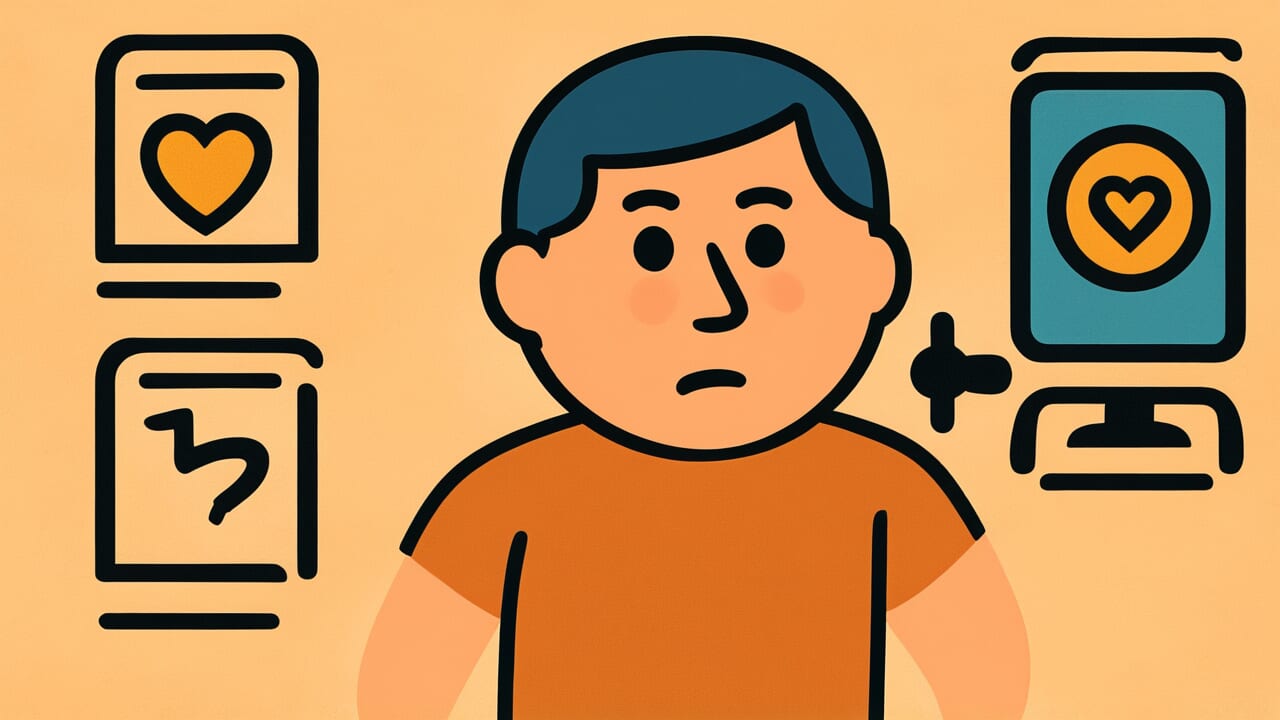How to Read “Hard to rely on is the human heart”
tanomi-gataki wa hitogokoro
Meaning of “Hard to rely on is the human heart”
“Hard to rely on is the human heart” is a proverb that expresses how the human heart changes easily and is difficult to depend on.
The human heart changes easily depending on circumstances, environment, and the passage of time. Someone who was kind and cooperative today might become cold tomorrow.
A person who promised to keep their word might change their mind for their own convenience.
This proverb teaches the danger of having excessive expectations or depending too much on others in relationships. It’s used when someone you trusted betrays you, or as a warning against relying too heavily on others.
Even in modern society, this lesson remains relevant in business situations and human relationships. Contracts and promises are important, but this proverb shows the importance of thinking about things with the understanding that people’s feelings can change.
Origin and Etymology
The exact source of this proverb hasn’t been identified. However, it’s considered an expression that condenses ancient Japanese wisdom from observing human nature.
The word “tanomi-gataki” comes from the classical word “tanomu.” Today it’s often used to mean “to ask” or “to request.” But in ancient times, it primarily meant “to trust” or “to count on.”
In other words, this proverb means “it’s difficult to trust the human heart.”
The word “jinshin” (human heart) frequently appears in Chinese classics. It’s been used in contexts pointing out how easily the human heart changes.
In Japan too, from the Heian period onward, this became established as a phrase explaining the impermanence of the human heart. This was likely influenced by Buddhist thought.
In samurai society especially, changes of heart could be fatal in lord-vassal relationships and alliances. Someone who was an ally yesterday could become an enemy today.
Living through such harsh realities, this proverb was passed down as a lesson with real experience behind it. It’s a phrase filled with the deep insight of ancestors who knew the subtleties of human relationships inside and out.
Usage Examples
- Hard to rely on is the human heart, I guess—when his position changed, even his attitude changed
- Hard to rely on is the human heart, so you need to be able to handle important things yourself
Universal Wisdom
The universal truth that “Hard to rely on is the human heart” speaks of lies in the fundamental instability of the human heart. Why does the human heart change?
It’s because humans live in constantly changing environments and are influenced by the interests and emotions of each moment.
What makes this truth profound is that while it points out human weakness, it’s also an expression of human adaptability. When the heart changes, it means we can respond to new situations.
With a fixed heart, we couldn’t survive in a changing world.
Our ancestors passed down this proverb because disappointment and betrayal in human relationships have repeated throughout every era. However, this proverb isn’t simple pessimism.
Rather, by accepting the premise that “people’s hearts change,” we can avoid disappointment from excessive expectations. We can build more realistic and healthy human relationships. This is the wisdom it offers.
Trusting people and depending on people are different things. This proverb teaches both the importance of independence and the depth of understanding human nature. It’s a phrase that serves as a guide for life.
When AI Hears This
The unreliability of the human heart is actually a structural problem where “knowledge hierarchies” continue infinitely. For example, when you confide a secret to a friend, the first-level information “my friend will keep the secret” isn’t enough.
You need second-level information: “my friend knows that I trust him.” Then third-level: “my friend knows that I think he knows I trust him.” This hierarchy theoretically continues forever.
In game theory, this is called the “common knowledge problem.” For perfect trust to exist, recognition must align across all infinite levels. But in reality, misalignment inevitably occurs at some level.
Your friend might intend to keep the secret but misunderstand, thinking “maybe you actually want me to share it.” This misunderstanding is “incomplete information” that you cannot observe.
Even more interesting is that human relationships are “repeated games.” Once betrayal happens even once, the entire knowledge structure across all levels collapses.
In other words, trust takes infinite time to build but collapses in an instant. The unreliability of the human heart isn’t a moral problem—it’s caused by this asymmetric structure itself.
Mathematically speaking, perfect trust is an unattainable ideal state.
Lessons for Today
What this proverb teaches modern people is the importance of having a healthy sense of independence. Trusting people is beautiful, but entrusting everything to someone is dangerous.
You must hold the steering wheel of your own life.
In modern society, human relationships have become complex with social media connections and business networks. That’s why it’s important to understand how easily the human heart changes, avoid excessive expectations, and maintain appropriate distance.
At the same time, this proverb is also a question for yourself. Isn’t your own heart also changeable? By knowing the difficulty of keeping promises and maintaining consistency, you can also develop tolerance toward others.
What’s important isn’t living in suspicion of others. It’s understanding the nature of the human heart and still having the courage to believe.
Don’t fear betrayal. Instead, stand firmly on your own feet while cherishing connections with others. This proverb teaches us that kind of balanced perspective.



Comments